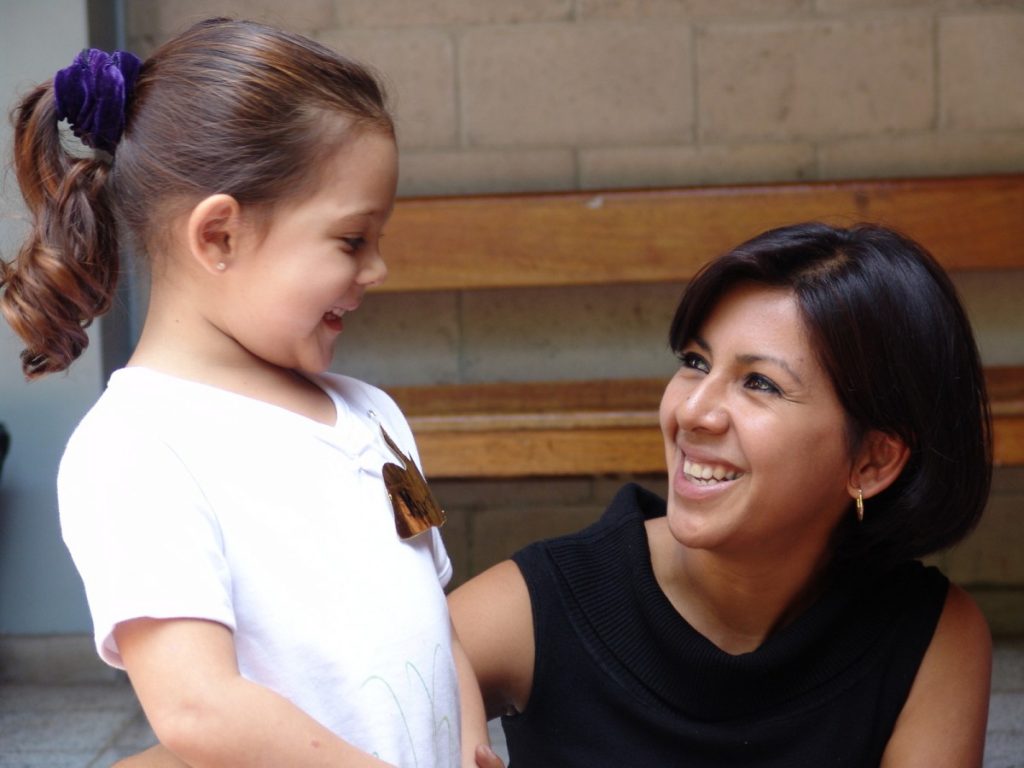How practitioners can support children language development
Language development is always a hot topic and with the success of the ‘Every child a talker’ campaign (a national programme to develop language and communication) children birth to five are reaping the results. The importance of supporting new parents and developing practitioners with new ideas to get conversations going and develop language from day one is highly significant.
Nurseries are encouraged to involve the older children to help plan activities setting age-appropriate and developmentally appropriate tasks in a supportive environment, creating a communication pathway in a friendly setting. A recent survey found one in ten children has speech and language needs. The first three years of a child’s life are the most important for developing speech and language. Simple strategies can be placed in nursery settings to aid the whole topic.
Ideas such as a visual timetable and labelling everyday objects help children with basic noun vocabulary. Communication and language activities and questioning are free, children as they play, point out things outside that interest them, this is the best time for practitioners to engage.
Roleplay and dressing up areas help children to express situations and stories directed by the costume and enables staff to expand and develop stories and ideas led by the child. Stories with puppets are so important to highlight different subjects. A child can relate to stories and enjoy listening to them with interesting pictures to see valuable information can be taught.
Visual-tactile and visual skills can be developed with the use of a play theatre. Language development through stories helps stories to come alive with lots of expression and fun the reader could also dress up. For example, if reading red riding hood the staff could dress up as red riding hood or grandma. Nursery rhymes are also always a firm favourite to encourage listening skills.
Fidget chews are great for babies oral strengthening. Making the most of everyday activities and resources to promote language development doesn’t have to be expensive there are plenty of ideas on the internet.M errors are especially fun for babies and children to learn facial expressions.
With fun, practical activities language skills develop more readily.T he averages four years old is apparently receptive to eight thousand words with a vocabulary of two thousand three hundred words so we must make the most of the window of opportunity.

